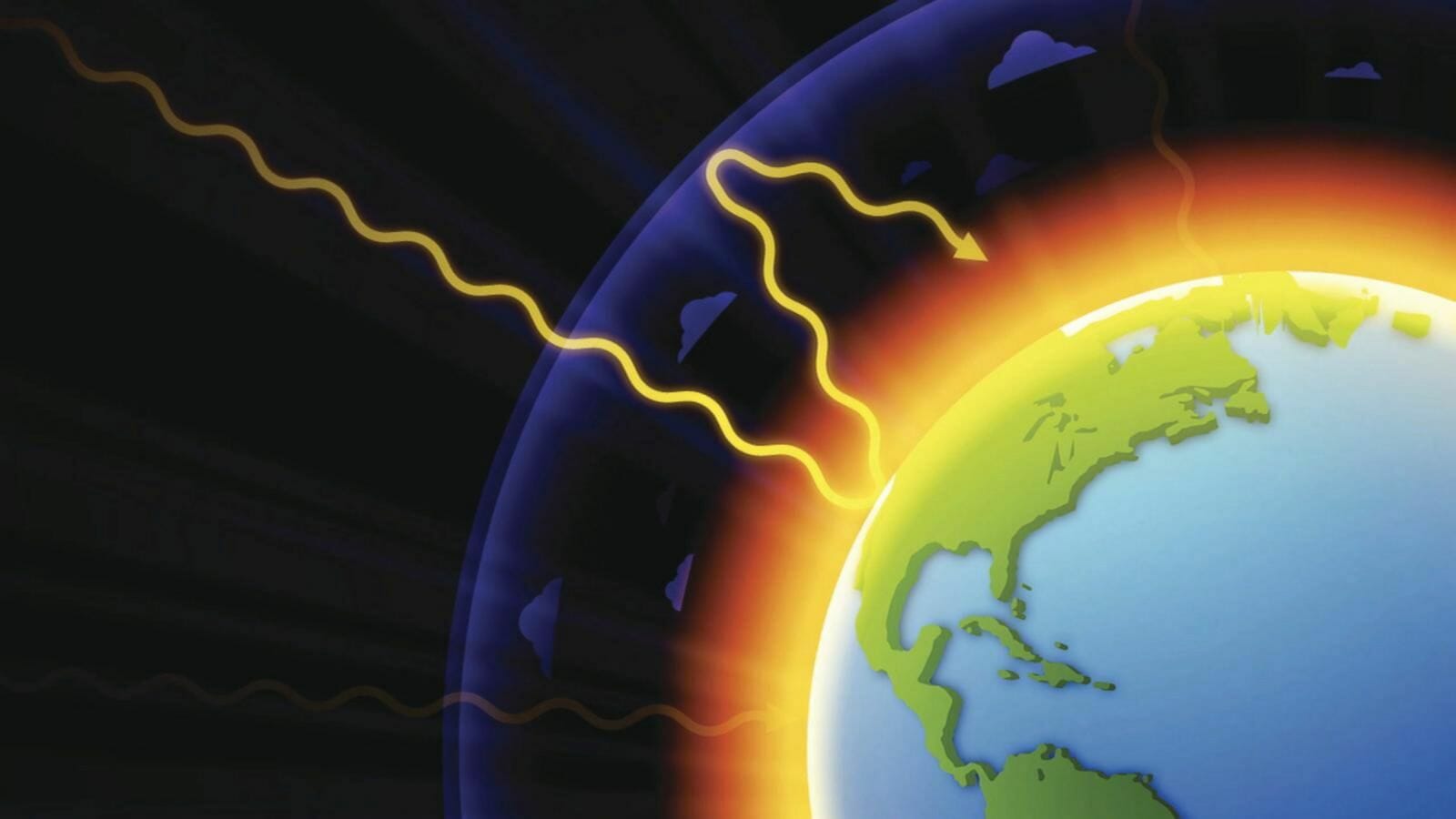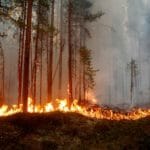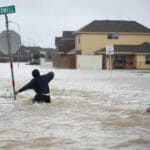Climate Change in New England

Climate change is affecting homes and businesses in New England. It is not in our face – causing displacement and homelessness – but it is changing our lives here.
WBUR summarized the takeaways of the current report on climate change.
Higher temperatures in the air and water affect New England these ways:
- More pollen = more allergies and asthma. Also, warmer temperatures increase the habitat of ticks.
- Farming problems. When spring is earlier, fruit trees bud too early and are subject to frost damage. This is somewhat offset by longer growing season for other crops.
- Ski industry problems. Warmer temperatures means fewer ski days and more artificial snow making.
- Fishing industry problems. Warmer water temperatures are changing fish habitats. The cod are no longer around Cape Cod. Now, the most common fish is Black Sea Bass.
- Towns and cities are coping with more heavy rain and increased street flooding.
 When I look at my life and my business, I see it affected by climate change. Other parts of our country have experienced over a decade of increased life-threatening conditions such as fire, wind, and flood. All can be linked back to climate change.
When I look at my life and my business, I see it affected by climate change. Other parts of our country have experienced over a decade of increased life-threatening conditions such as fire, wind, and flood. All can be linked back to climate change.
We’ve been pretty lucky in the northeast, when it comes to climate change. New England has not suffered regional disaster like other parts of the country. We don’t have fires, like in the west. Fires are made worse by drought; we’ve had some drought, but not like the west.
Hurricanes rarely get this far north. Hurricane Bob (2011) damaged central Massachusetts, Sandy (2012) hit our coasts. There have been some big ones, way back. In the past ten years, there have been only those two. Further south, hurricanes are more common.
Of course, we are the home of the “northeaster” storms. These windy storms are causing more flooding now. Some towns are getting used to street floods with any heavy thunderstorm. Remember that the new Seaport area flooded twice last winter.
What are you experiencing?
Local cities and towns are considering plans to prepare for climate change in our future. Arlington. Cambridge. Somerville.
